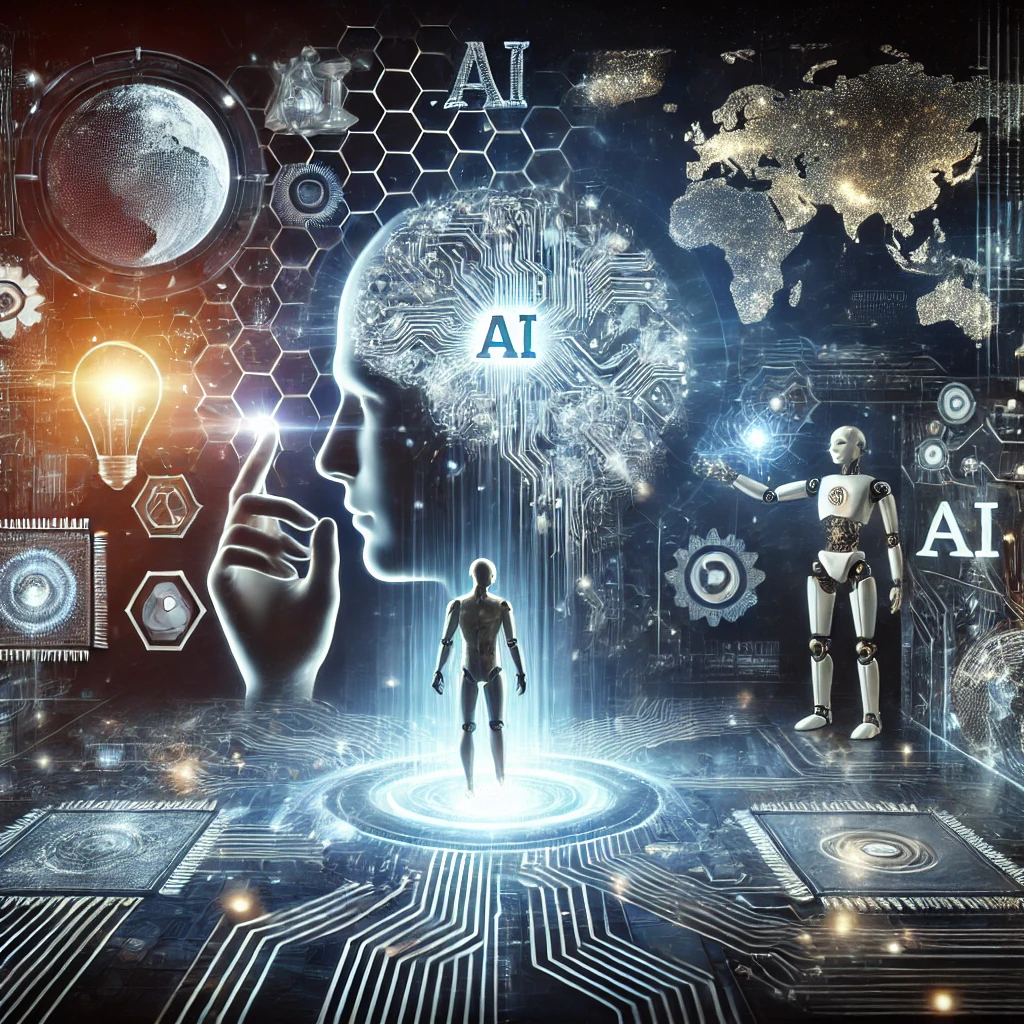As we approach a groundbreaking era in the world of technology, artificial intelligence (AI) stands poised not only to transform our lives but also to become the most powerful force shaping the future.
Eric Schmidt, alongside names like Bill Gates and Steve Jobs, is one of the most influential figures in the tech industry. Throughout his career, he played a pivotal role in shaping giants like Google, Android, and even Apple. Though at times marked by disagreements, his tenure as Google’s CEO was notably impactful. Schmidt’s contributions and foresight in the tech world have always garnered attention. Recently, after a period of relative quiet, a Stanford University interview he gave sparked significant interest. However, the interview was subsequently removed from the internet at Schmidt’s request.
The Removal of the Interview and the Reactions
The removal suggests that certain statements may have drawn criticism from some quarters. Yet, given the impossibility of erasing anything from the internet and the infamous Streisand effect, the interview quickly became widely shared and intensely debated. So, what did Schmidt say in this interview that caused such a stir? In this analysis, we’ll delve into his intriguing and controversial remarks on AI, global competition, and societal changes.
The Future of AI Three Major Developments
In his discussion, Schmidt predicted three significant advancements in AI over the coming years:
- Context Windows
- Intelligent Agents
- Text-to-Action Transformation
According to Schmidt, these three technical innovations have the potential to profoundly impact the world within the next few years. He believes these developments will fully reshape our lives by 2025.
Context Windows The Short-Term Memory of AI
Schmidt defines context windows as AI’s short-term memory. This technology will enhance AI’s ability to comprehend and summarize lengthy texts. Schmidt envisions an AI capable of reading multiple books, filtering out unnecessary details, and presenting only the essential insights.
Intelligent Agents Specialized AI Systems
Another crucial development is intelligent agents—AI systems specialized in specific fields. Schmidt explains that an AI in the field of chemistry, for instance, could conduct experiments and continually expand its knowledge base. This points to a future where AI gains distinct expertise in various domains.
Text-to-Action Transformation From Words to Action
Lastly, Schmidt highlights the text-to-action transformation. While we already see text-to-image or text-to-video conversions, the real breakthrough will come when AI can translate text directly into actions. For example, Schmidt imagines a future where one could command an AI to “create a copy of TikTok,” and the system would develop the platform until it becomes viral.

Global Competition The AI Race Between the U.S. and China
Schmidt predicts that AI will create fierce global competition, particularly between the United States and China. He foresees an intensification of this rivalry in the coming years. Key decisions, such as Nvidia’s ban on selling chips to China, are emblematic of this competition. Schmidt points out that the U.S. currently holds a decade-long technological edge in chip technology and is taking aggressive steps to maintain this advantage.
Google’s Struggle in the AI Race
One of the most striking parts of Schmidt’s interview is his critique of Google’s lag in the AI race. He attributes this to the company’s overemphasis on work-life balance and remote work policies. Schmidt’s remark, “If you want to compete, you cannot let people work from home,” is seen as a direct critique of Google’s strategy and may have been a primary reason for the interview’s removal.
AI and Social Inequality
Schmidt also underscores AI’s potential to deepen societal inequalities. He warns that the growing divide between those who have access to this technology and those who do not—whether individuals, nations, or corporations—could create a new digital chasm.
Conclusion AI Shaping the Future
In conclusion, Eric Schmidt’s interview offers crucial insights into the potential and challenges of AI. However, these advancements also demand careful consideration of ethical and reliability issues. As Schmidt emphasized, discussions about AI’s impact on our lives will continue, and this technology will not only influence scientists but shape the future for all of us.
